Goodluck Jonathan
This is not the first time private sector players have put pressure on the federal government to sell off all or part of its 49% stake in Nigeria Liquefied Natural Gas (NLNG) Ltd, TheCable can report.
NLGN Ltd was incorporated in 1989, with the shareholders being NNPC (representing the Federal Government of Nigeria) owning 49% equity, Shell Gas BV 25.6%, Total LNG Nigeria Ltd 15% and ENI International 10.4%.
A former aide to ex-President Goodluck Jonathan told TheCable that in May 2014, a group of unnamed Nigerian businessmen made a similar proposal.
Jonathan minuted on the proposal to Nwanze Okidegbe, his chief economic adviser, asking for “comments and advice”.
Advertisement
TheCable learnt that the office of the chief economic adviser was not well disposed to the idea.
“We understand that Okidegbe’s office initially wrote a memo completely opposing the sale, listing all the benefits the federation was enjoying and explaining why it was not in the national interest,” the former aide told TheCable.
However, intense pressure was mounted on the chief economic adviser who eventually shifted ground and recommended that federal government should sell just between 9% and 10% of its stake.
Advertisement
This would have left the government with 40% – a proposal that has now been revived under President Muhammadu Buhari as the nation faces forex crunch and liquidity issues.
“Jonathan got the response in May 2014, but he did not act on it for reasons nobody could really say. It could be that he was not convinced of any urgency or that the politics of re-election became priority,” the source said.
Another source, however, said the proposal failed because the Jonathan administration was advised that under the NLNG agreement, the other shareholders must be offered the first right to buy Nigeria’s stake.
The shares can also not be sold to individuals.
Advertisement
“It became complicated. The businessmen who proposed the idea wanted to buy the shares and it soon became glaring that Shell and co. would certainly take up the first option, meaning nothing for the people behind the idea,” the source, who was a senior member of Jonathan’s administration, told TheCable.
According to statistics provided by NLNG Ltd, its total revenue from 1999 to 2015 was $90.3 billion from a capital investment of $15.6 billion.
NNPC, on behalf of Nigeria, received dividends of $15.3 billion during the period, while other shareholders earned $16 billion.
There has been an uproar on the revival of the sale proposal, with many commentators maintaining that Nigeria has no justification to sell what is working well.
Advertisement
But others believe since the country needs an injection of forex into the economy following a sharp drop in oil revenue, it should not foreclose other options.
Advertisement
2 comments
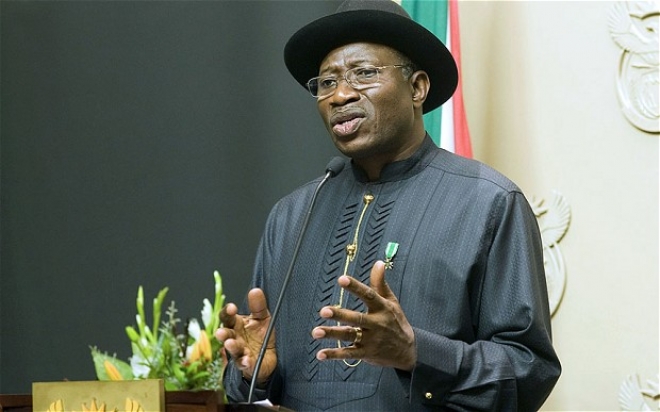
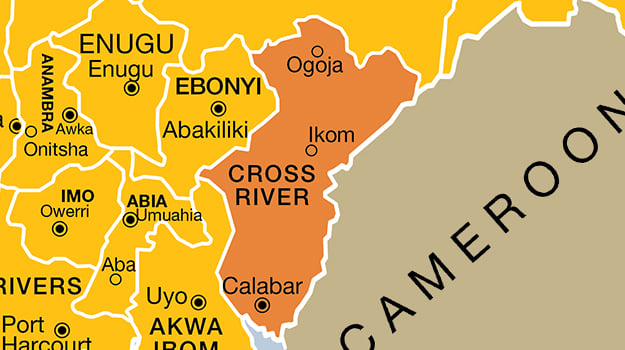
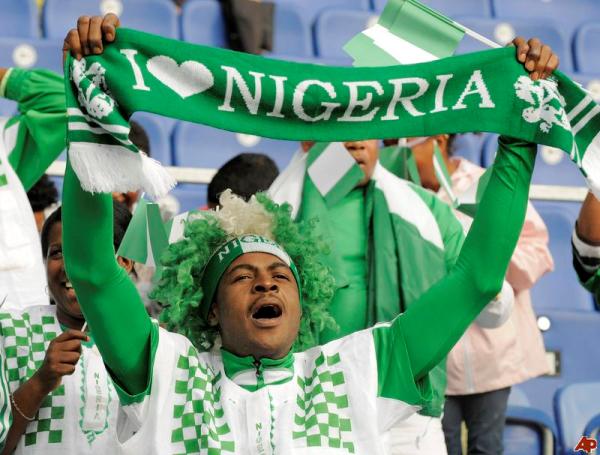
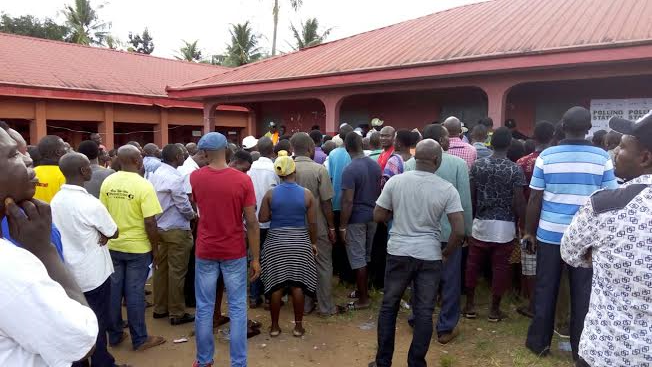

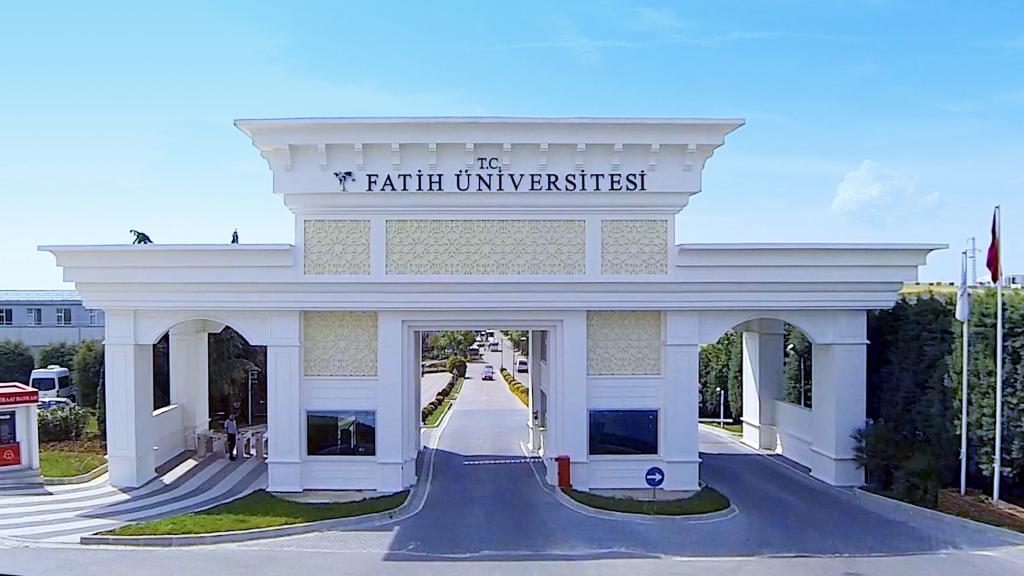

Our story is like a rich man who’s has all the luxurious assets but has no maintenance money even to the basic needs for his family is difficult. Please advise me what should such man do?
The rich man should realign his expenditure (cost off waste). Take a loan to give him temporary liquidity using his assets then ensure a sustainable and prudent monetary and fiscal regimes that focuses on investment rather than consumerism going forward.